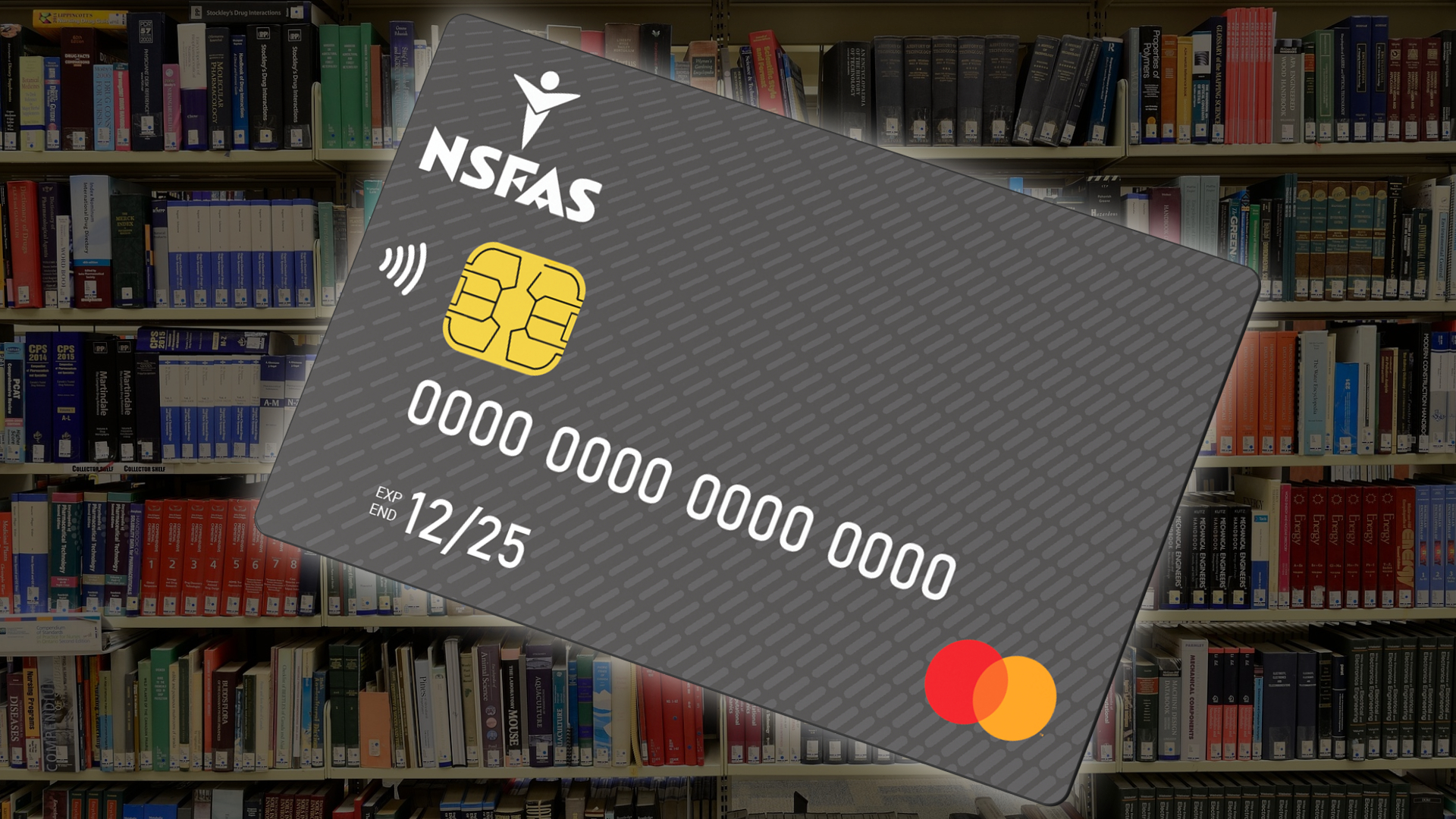- NSFAS says that a technical glitch has delayed September payments to beneficiaries.
- The scheme issued an apology when the glitch caused an effective one-day delay, but it has so far been resolved.
- This marks another technical issue that the new NSFAS direct payment system has dealt with since officially launching in July.
Millions of student beneficiaries of the National Student Financial Aid Scheme (NSFAS) have had to deal with a short delay in receiving their stipends for the month of September. This is due to a “technical glitch” in the recently introduced direct payment system.
The system, which is now the only way students at universities and TVET colleges under NSFAS can receive monthly living allowances and tuition fees, has been controversial since it officially launched in July.
It experienced setback after setback, including protest action from students claiming that its fees are exorbitant and unfair, lawsuits filed against it and NSFAS, and several technical and strategic issues that have delayed payments to and the onboarding of students.
IMPORTANT UPDATE: FAKE REPORTS REGARDING NSFAS UNIVERSITIES ALLOWANCE PAYMENTS FOR SEPTEMBER pic.twitter.com/wPM8XZKp5q
— NSFAS (@myNSFAS) August 31, 2023
“The scheme had a technical glitch resulting in the non-payment of allowances today [31st August]; however, this has been fixed and NSFAS will effect payment by midnight 31st August 2023 for the amount to reflect in the beneficiaries’ account by 12h00 1st September 2023,” notes an announcement on X.
“We would like to convey our heartfelt apologies for this unfortunate moment and completely understand the inconvenience this delay will cause our beneficiaries. We will always try our best to ensure that this never occurs going forward.”
The delay has apparently spurred fake reports that beneficiaries will only receive their funds on 5th September 2023 due to “delays between NSFAS and service providers.”
“Hiccups” with the system early on hampered students from receiving their funding. The CEO of eZaga, one of the banking partners contracted by NSFAS to create the system, told Hypertext that these technical problems were because the technology that the system was built with was “entirely novel.”
This early delay meant that NSFAS had to delay the first batch of direct payments until July. Apart from technical problems, the scheme also struggled with late registrations of students which further exacerbated delays in payments.
eZaga had only paid around 90 percent of students at its universities, including Durban University of Technology (DUT), the Tshwane University of Technology (TUT), the Universities of Free State, Limpopo, Zululand, and the Vaal University of Technology, by the end of July thanks to these issues.
Despite what the scheme itself calls “hiccups” involving its systems, it has repeated that it will not be scrapping direct student payments any time soon. In August the scheme claimed that nearly R1 billion had been disbursed to students via the new system, with over 400 000 receiving their stipends.
Additionally, it reported that it had paid beneficiaries at TVET colleges around the country more than R3 billion so far in the academic year.

